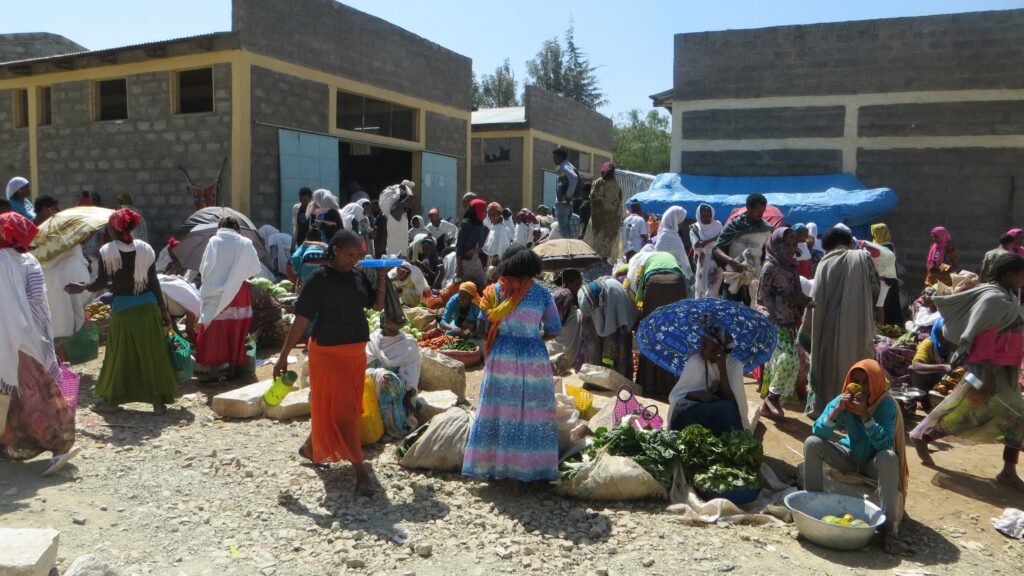Blueprint for change: how a training manual will support pesticide risk reduction in Uganda
In the evolving landscape of pesticide regulation and safety, well-crafted training manuals are indispensable tools. They ensure that people who use pesticides can effectively navigate and implement risk reduction strategies. These knowledge resources can become a blueprint for changing behaviour around pesticides.
Watch out for these five cabbage pests
Cabbage is a globally important vegetable crop. It serves as a valuable source of nutrition and income for local communities. With a wide range of varieties around the world – from Savoy to Bok Choy – it is an important component of many cuisines. Smallholder farmers often cultivate cabbage as a cash crop. Like many…










